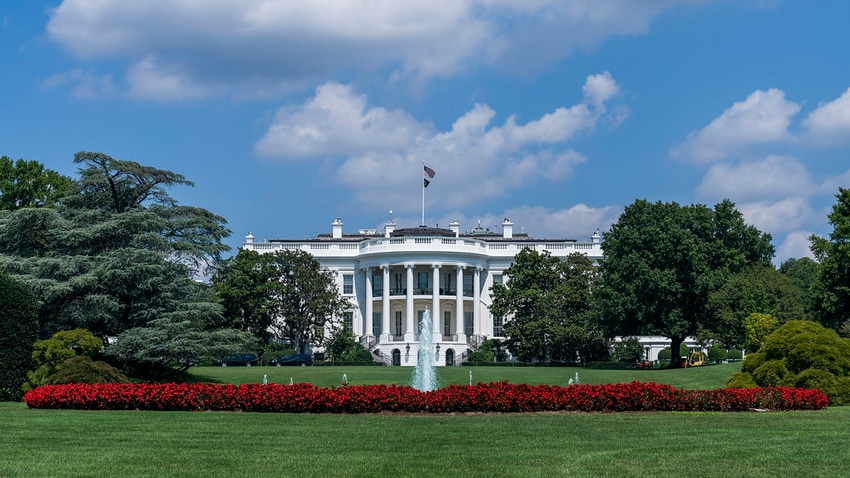Biden signs memorandum to identify threats, coordinate national response.

President Biden has signed a National Security Memorandum to strengthen the security and resilience of the U.S. food and agriculture sector. The memorandum builds on the Biden-Harris Administration’s ongoing work to ensure Americans have access to safe, affordable food, that U.S. producers are able to get their goods to market, and that the U.S. food and agricultural system is better prepared for threats that may harm the health of crops and livestock and cause shocks to the cost or availability of food.
The memorandum instructs top government officials, including the Secretaries of State, Defense, Interior, Agriculture, Commerce, Labor, Health and Human Services, and Homeland Security, the Attorney General, the Administrator of the Environmental Protection Agency, the Director of National Intelligence, and the Director of the Office of Science and Technology Policy to identify threats and coordinate with federal, state, local, and tribal governments to develop responses.
Threats to be assessed include chemical, biological, radiological, and nuclear (CBRN) threats, pandemics impacting the sector’s critical infrastructure and essential workforce, foreign animal diseases, consequences of climate change, and threats in the cyber domain, such as disruption to systems as a result of increasing information technology and operational technology convergence and intellectual property theft.
The National Cattlemen’s Beef Association (NCBA) hailed the signing, saying it shows the Biden administration “clearly understands that food security and U.S. food production is national security.”
NCBA CEO Colin Woodall commented, “Our agricultural sector faces a variety of threats that could inhibit cattle producers’ ability to bring beef from pasture to plate. NCBA appreciates the Biden administration’s focus on identifying threats and developing new ways to mitigate them. Together, we can protect our industry while ensuring that all Americans have access to wholesome foods like beef.”
Ahead of the memorandum signing, Woodall attended a pre-briefing at the White House that included discussion of key security issues for the cattle industry—tools like the National Veterinary Stockpile, which helps prevent the spread of disease and aids recovery, and cybersecurity and worker training programs that support the continued operations of other members of the beef supply chain.
“I am particularly pleased to hear that the administration is making security and resiliency decisions based on data. These data-driven decisions are the ones we can support,” said Woodall.
About the Author(s)
You May Also Like


.png?width=300&auto=webp&quality=80&disable=upscale)


